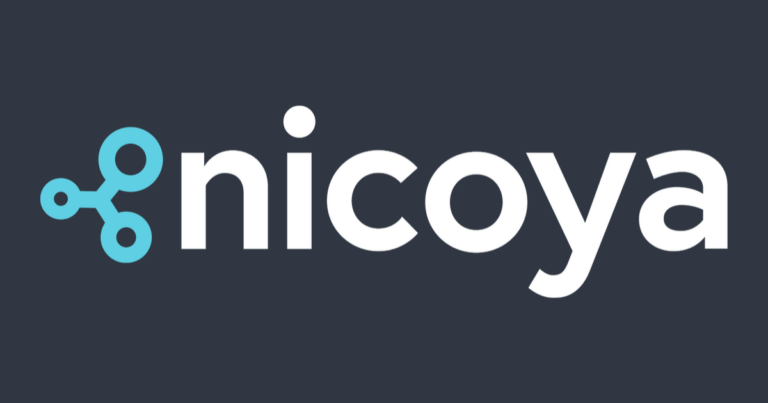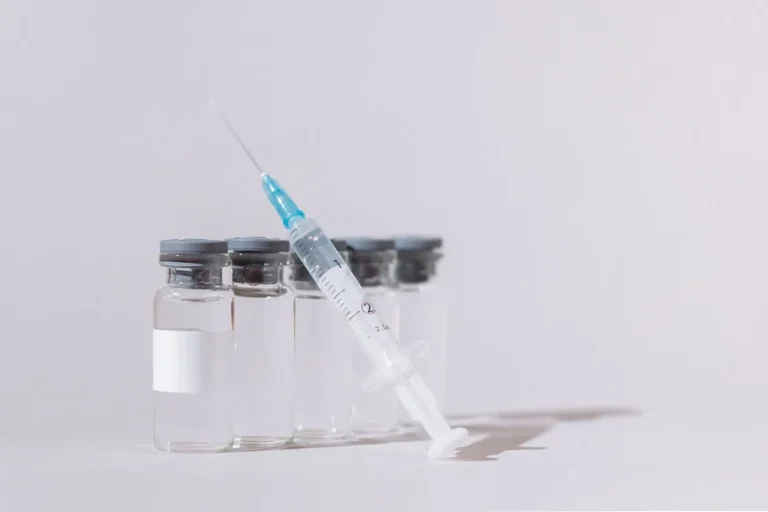Neuraptive Therapeutics, Inc., a biotechnology company developing novel therapies to improve outcomes for patients with peripheral nerve injuries (PNI), announced the enrollment of the first patient in its pivotal Phase 3 clinical trial evaluating NTX-001, a novel therapeutic designed to enhance nerve repair following traumatic injury.
This milestone marks a significant step forward for Neuraptive and its mission to transform the treatment landscape for patients suffering from traumatic peripheral nerve injuries—conditions that can result in severe loss of function, chronic pain, and long-term disability.
Advancing a New Approach to Nerve Repair
The Phase 3 trial is a multicenter, randomized, subject- and evaluator-blinded, controlled study designed to evaluate the safety and efficacy of NTX-001 compared to standard of care (neurorrhaphy) in patients with upper extremity transected nerves requiring surgical repair.
The study plans to enroll approximately 110 patients across 24 clinical sites in the United States. Participants will be randomized in equal numbers to receive either standard surgical repair alone or standard repair augmented by NTX-001.
This pivotal study aims to determine whether NTX-001 can improve functional recovery, reduce complications, and accelerate nerve regeneration in patients whose injuries require surgical intervention.
A Major Milestone Toward Transforming Clinical Practice
“Enrolling the first patient in our Phase 3 trial marks a major milestone for Neuraptive and NTX-001,” said Seth Schulman, M.D., Chief Medical Officer of Neuraptive Therapeutics. “Patients who suffer traumatic nerve injuries often face long and difficult recoveries, and current treatment options are limited. We believe NTX-001 has the potential to set a new standard of care and address a significant unmet medical need. This is another important step forward on our path toward FDA approval.”
Dr. Katie Liu, Assistant Professor at the University of Washington Medical Center and Principal Investigator for one of the study sites, expressed optimism about the program’s clinical impact. “Our team is excited to be part of this landmark trial,” Dr. Liu said. “Peripheral nerve injuries can have devastating consequences for patients, and innovative treatments like NTX-001 hold promise for accelerating recovery and improving overall outcomes.”
NTX-001: A Novel Regenerative Therapy
NTX-001 represents a first-in-class therapeutic approach designed to improve outcomes following nerve transection and repair. The treatment leverages a proprietary fusogen-based formulation that enhances membrane fusion at the site of nerve injury. This unique mechanism is intended to preserve axonal continuity, reduce degeneration, and promote faster functional recovery following surgical repair.
By improving the biological environment immediately after injury, NTX-001 could potentially minimize the loss of nerve function that typically occurs after trauma. The treatment is administered as an adjunct to standard surgical neurorrhaphy, meaning it integrates seamlessly into existing surgical procedures.
The U.S. Food and Drug Administration (FDA) has recognized the potential of NTX-001 by granting the therapy both Fast Track Designation and Orphan Drug Designation. The Fast Track status facilitates accelerated review and development, while the Orphan designation underscores its potential importance in addressing rare and serious conditions, such as severe traumatic nerve injuries.
Support from the Department of Defense and AFIRM
The Phase 3 study is supported by a Fiscal Year 2024 Clinical Trial Award from the Armed Forces Institute of Regenerative Medicine (AFIRM), granted through the Wake Forest Institute for Regenerative Medicine (WFIRM). Funding is provided by the Defense Health Agency Research and Engineering Directorate of the U.S. Department of Defense (DoD) under Other Transaction Number W81XWH-15-9-0001.
This partnership underscores the government’s commitment to advancing regenerative medicine technologies that address traumatic battlefield injuries, including damage to peripheral nerves and extremities—areas of significant concern for both active-duty service members and veterans.
“Support from AFIRM and the Department of Defense reflects the broad potential impact of NTX-001,” said Dr. Schulman. “Combat-related nerve damage remains one of the most challenging types of injury to treat. We’re proud to collaborate with these institutions to develop technologies that may improve recovery for injured soldiers and civilians alike.”
While the research is supported by U.S. government funding, Neuraptive emphasized that the views and conclusions presented are those of the authors and do not necessarily represent official government policies or endorsements.
Addressing a Significant Unmet Need
Peripheral nerve injuries affect hundreds of thousands of individuals annually in the United States, resulting from both civilian and military trauma, including motor vehicle accidents, industrial injuries, and combat wounds. Current surgical approaches, such as direct nerve repair or grafting, often produce incomplete recovery due to the limited capacity of nerves to regenerate across injury gaps.
NTX-001 is designed to bridge the gap between surgery and biology, improving the body’s ability to reconnect and restore function. By facilitating early axonal repair and reducing secondary degeneration, the therapy could shorten recovery times and improve long-term functional outcomes.
If successful, the Phase 3 trial will position Neuraptive to pursue regulatory submission to the FDA, potentially making NTX-001 the first approved adjunctive therapy specifically designed to enhance surgical nerve repair.



